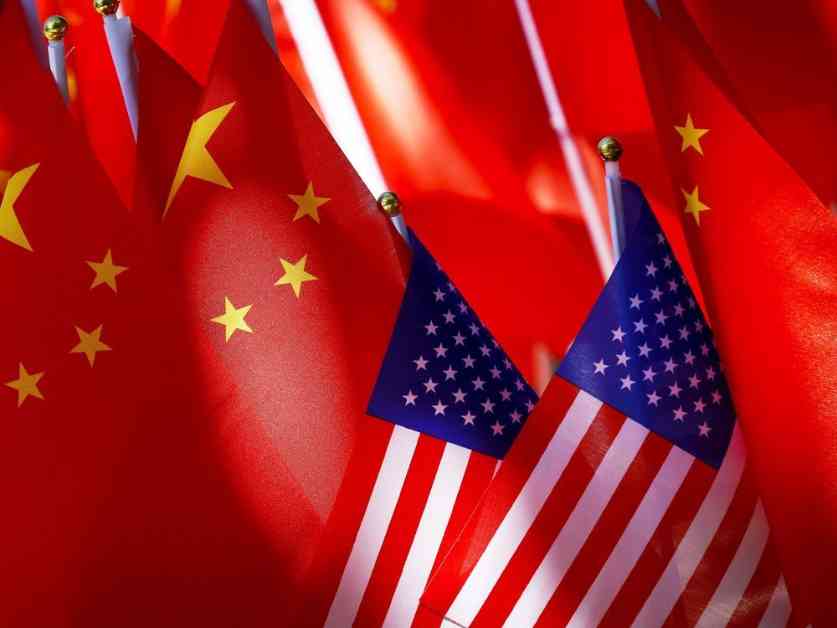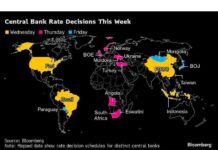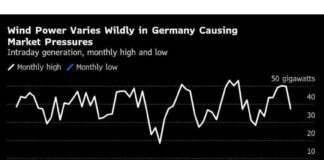US Expands Export Controls on Chinese Tech Companies
In a bold move that could have far-reaching implications for the technology industry, the U.S. Commerce Department has recently expanded its list of Chinese technology companies under export controls. This decision includes many firms involved in producing equipment essential for making computer chips, chipmaking tools, and software. The list, known as the “entity list,” now features 140 additional companies, the majority of which are based in China. However, some Chinese-owned businesses in Japan, South Korea, and Singapore have also been included in this expansion.
The Implications of the New Rules
The revised rules, to be officially published later this week, also restrict exports of high-bandwidth memory chips to China. These chips are vital for processing vast amounts of data in advanced applications like artificial intelligence. In response to these measures, China’s Commerce Ministry has expressed its objections, vowing to protect its “rights and interests” without providing specific details. The ministry has characterized the move as an act of economic coercion and non-market practice, emphasizing its displeasure with the situation.
The U.S. Perspective
Commerce Secretary Gina Raimondo defended the decision, stating that it aims to limit China’s access to advanced technologies that could jeopardize national security. This action is part of a broader strategy to prevent Chinese companies from using U.S. technology to independently develop advanced semiconductors. As a result of being added to the “entity list,” these companies are likely to face challenges in obtaining export licenses from U.S. companies, hindering their business operations.
Global Impact and Market Response
The U.S. government’s escalating pressure on Chinese tech firms has prompted China to accelerate its efforts to enhance its semiconductor and technology capabilities. This initiative includes substantial subsidies and investments to bolster the industry domestically. In light of these developments, Japanese chipmakers and related equipment manufacturers experienced a surge in their stock prices, while Chinese companies affected by the new export controls faced declines in their market value.
The ongoing tensions between the U.S. and China in the technology sector underscore the complexities of global trade and security dynamics. As both countries navigate these challenges, the implications for the wider technology industry remain uncertain. The repercussions of these export controls could reshape the competitive landscape and influence future technological innovations on a global scale.






















